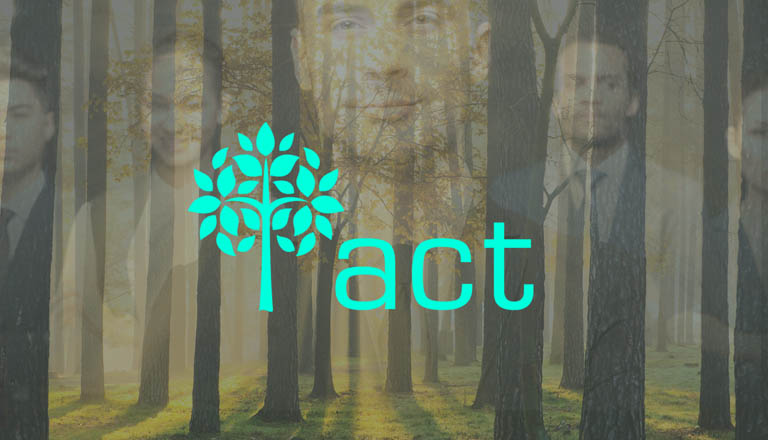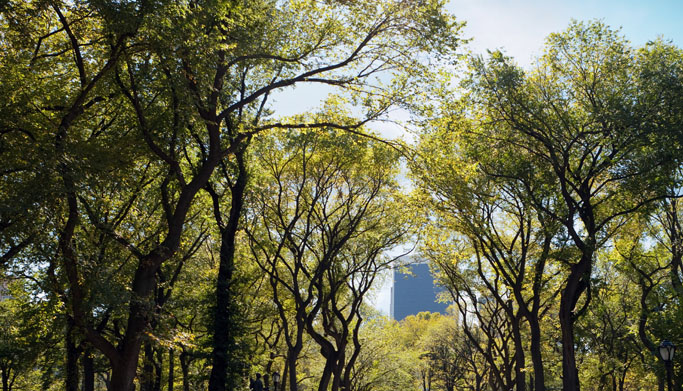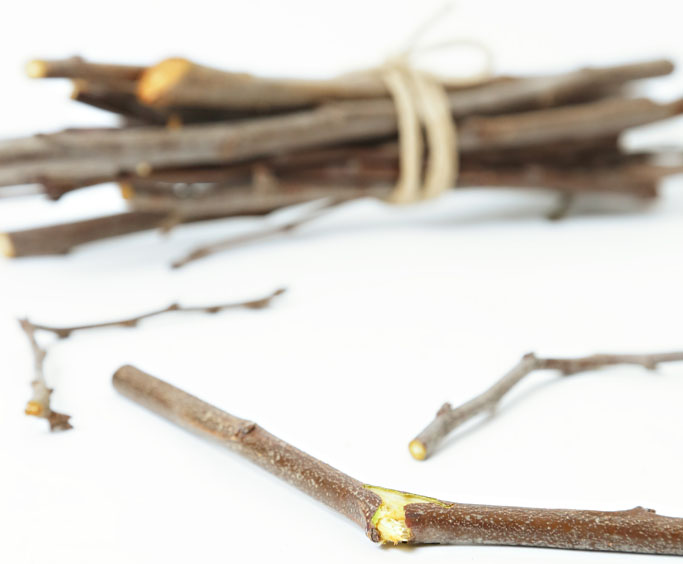SB14 Sent to Committee
Senate Bill SB14 which endangers the urban forest and neighborhoods throughout Texas has been sent to committee. Contact the committee members and express your concern about this egregious legislation. You can find the list of committee members on the SB14 page.



